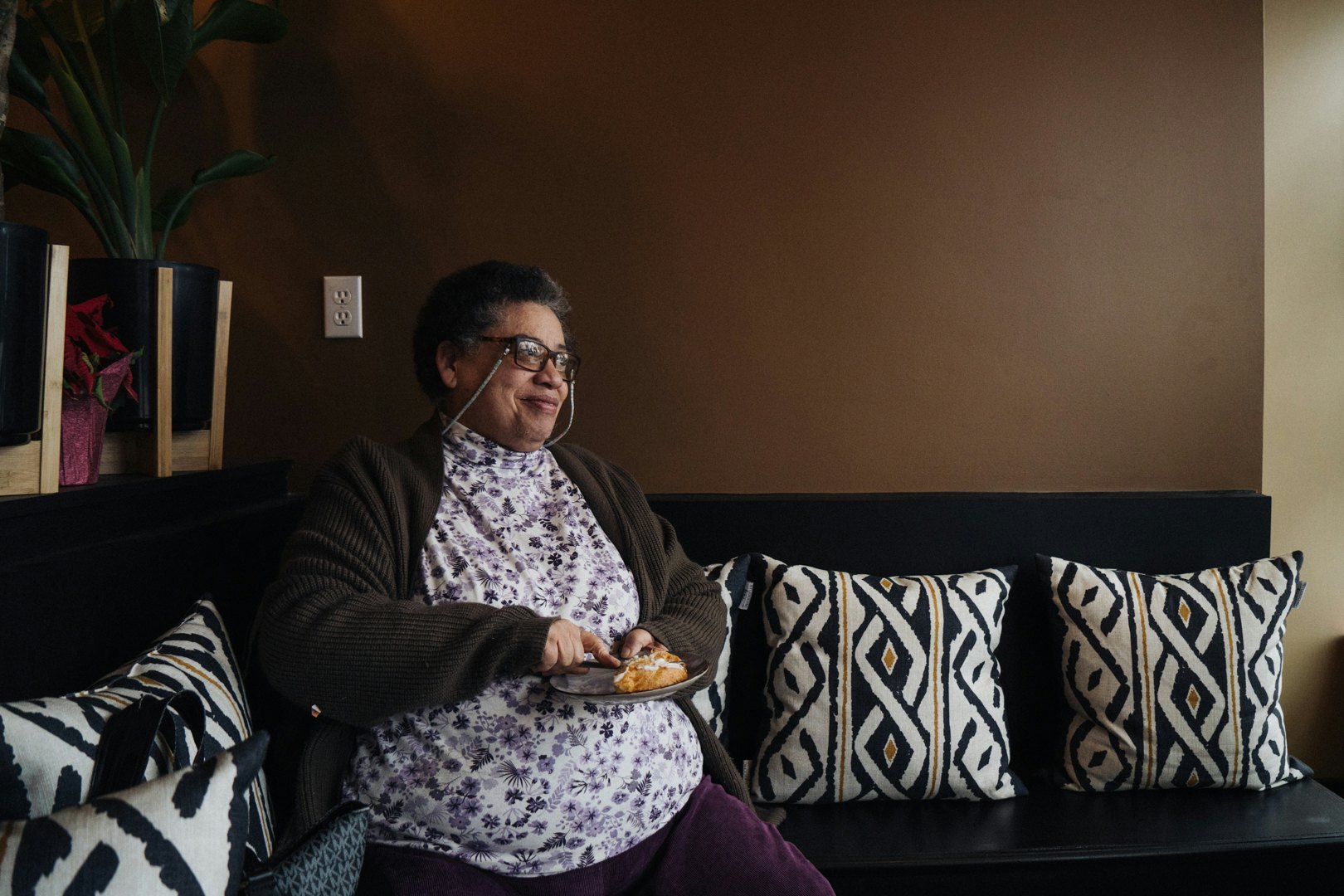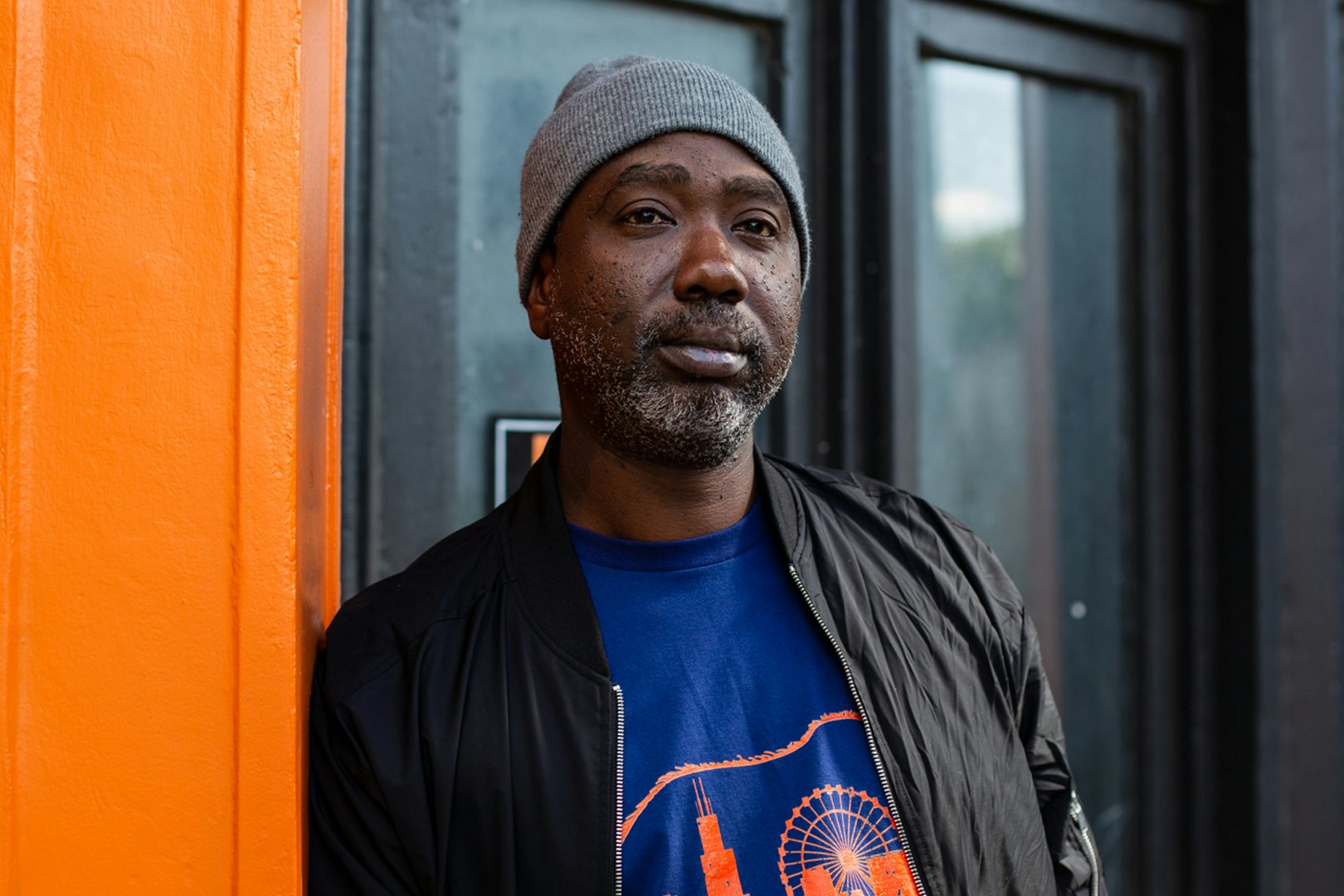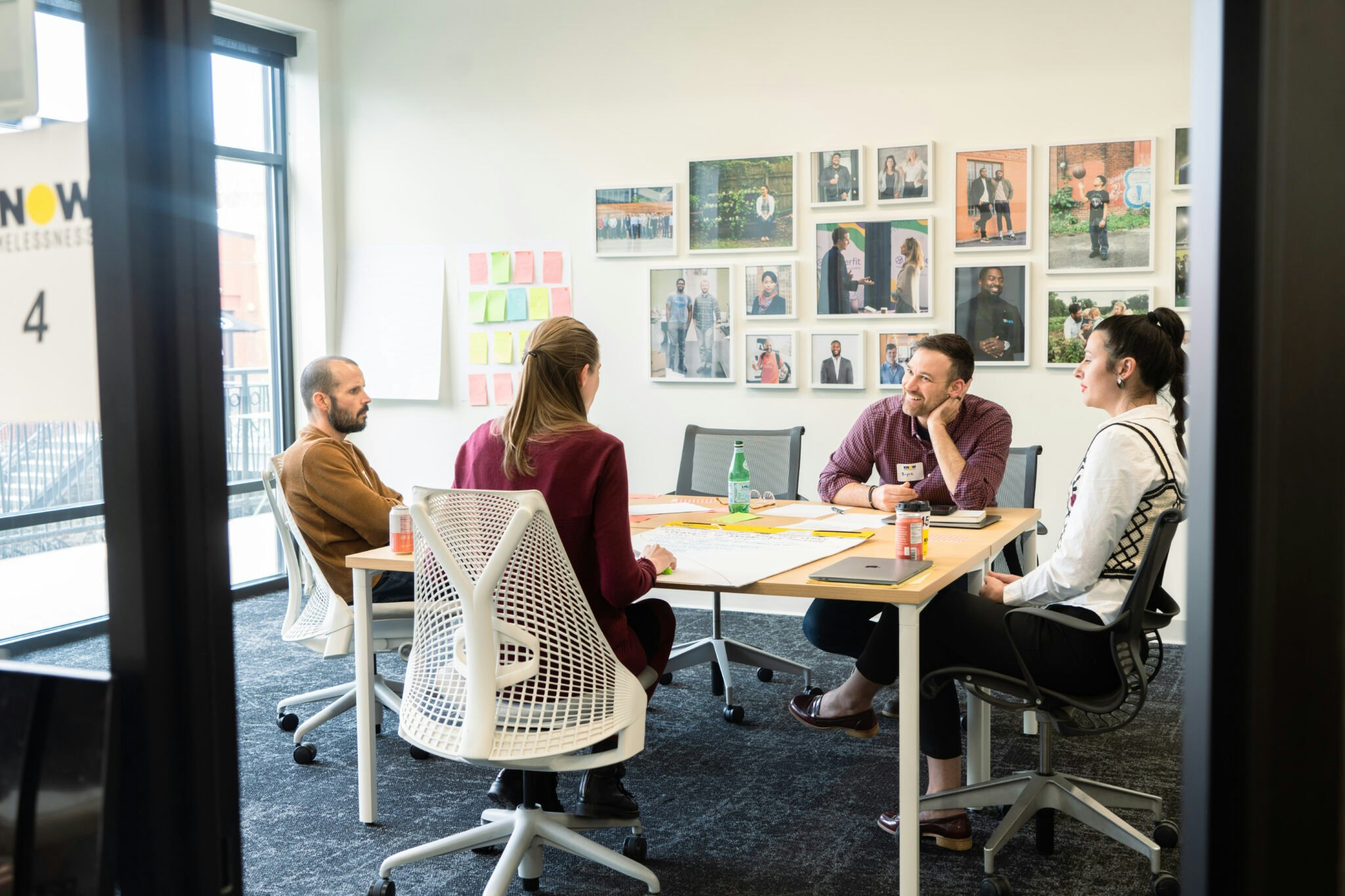Five Questions: Rodney Foxworth
In this Five Questions video we talked with Rodney Foxworth, the CEO of Common Future in Oakland, CA. Rodney’s career has focused on social entrepreneurship, philanthropy, impact investing, and economic development. Most recently, he founded Invested Impact, a consulting firm and intermediary, to help individuals and institutions better invest in promising ideas and social change leaders and enterprises. While at the Sorensen Impact Winter Innovation Summit earlier this month we spoke to Rodney, Executive Director of BALLE, about what an inclusive economy looks like, localism and one-pocket investing. Here is what he had to say.
What is BALLE?
BALLE has actually been around for about 18 years at this point and our role is really focused around supporting dynamic community leaders that are advancing inclusive economic development efforts in their communities, particularly through entrepreneurship and small business development with a focus around minority entrepreneurs, women of color, indigenous entrepreneurs. Really building different kinds of business models where employee ownership is a focus and also working communities that are rural as well. We have a fellowship program of 101 individuals across the US and Canada in over 40 communities doing this type of work. Some that work in accelerator programs, some have small place-based funds, and then we also work with about 45 place-based foundations across the US and Canada as well to support them to invest back into their communities in a very inclusive, equitable manner.
What is an inclusive economy?
An inclusive economy really is one in which every stakeholder, particularly those who have been most marginalized in the community, has the opportunity to actually shape what that economy looks like. So that their voice is heard, not just heard but they have opportunity to access capital, to really ideate and create things. It’s really an economy in which everyone can participate–not just a few. I really think, particularly the communities that we work in with BALLE, where they’re majority communities of color, majority communities in which economically marginalized folks just don’t have the opportunity to actually build their own wealth and retain it in communities, it’s really important to have an inclusive economy.
What does agency within the economy look like?
Often times there’s conversations where we talk about inclusion, there’s also diversity and equity. So when I think about equity, I think about power. To the point the phrase that “we need to be at the table”, a lot of people, particularly in our network are saying, “we’re building a table, let’s build our own table and others can come and participate with us in this process.” So that’s an equity question, to make sure to be able to have the agency, the resources to build without having to over rely on anyone else. So that’s equity, that’s a power conversation. We think about inclusion, there’s a table, how do we make sure it’s diverse as possible? How do we acknowledge the blind spots that we may have to ensure that everyone’s voice is being considered as we move something forward.
What is localism?
Localism is really important. We’ve actually been thinking about this not just as localism but as just really being community grounded. I think particularly over the last several years you see the political spectrum in our country and the ways that we are unable to have certain types of conversations as a community. However, when you focus on a place, when you make things local, you can really get past all those conversations, you can really focus on what’s happening in your community. So it’s really fascinating to see different people–across a political divide–actual be able to come together and say, “Hey, we need a grocery store.” We got a food desert in this community right? So we need to actually have grocery store there. We can come together around that and it’s a local question. It’s not one that’s going to split people up around politics or policies, it’s really a conversation about what’s really important to who we actually love and care about. So I think that’s where localism and being really community grounded is important, because quite frankly, it’s the only way I believe that we can have diverse people come together without having the divisiveness I think we see in the political world right now.
What are your thoughts on one-pocket investing?
I’m a big proponent of the one-pocket strategy. It’s pretty remarkable that we have a structure right now in institutional philanthropy in which you can only leverage 5% of your endowment on an annual basis to drive positive change and really, when you think about it, it’s actually not even the full 5% because that 5% includes consultants, that includes staff time, that includes a whole range of things that actually might not impact a community in a positive way. So I joke that it’s usually probably like 2.5% of endowment that’s actually used in these sort of ways. Foundations, institutional philanthropists are very concerned with their owned perpetuity. One of the things I think a lot about and have had a lot of conversations with a number of foundation leaders and high-net- worth individuals that are starting their own donor advised funds and those sort of things is: how do you think about creating perpetual community wealth? Leveraging your capital to do just that. Not necessarily focusing on the perpetuity of the institution, but in fact thinking about how do you have a more vibrant Baltimore? Because you’re investing in ways that might actually, over time, lower your endowment but actually creates the economic power and muscle that’s required for communities to thrive.
I think this is the merger of the two themes. We’ve had conversations with a few family foundations that have said, “You know, we’re not going to spend down, all we’re suggesting is that we’re just gonna keep–retain–the size of our endowment”–which is incredible. It seems like a small shift, but really, most institutional philanthropists are trying to grow their endowment–not just retain it. So when you make the decision to say “Hey we’re just going to retain the endowment,” it allows for much more creativity in terms of how you are deploying capital, what types of things we invest in so I really appreciate the one-pocket mindset.
Why is it expensive to be poor?
There is a lot of underlying data that indicates that for the people experiencing homelessness or bouts of homelessness, it is actually tied to things like not having childcare, for example. So that led to a bout of unemployment that didn’t allow them to afford rent. So I see this quite a bit, particularly in the work I used to do in Baltimore, where people were faced between making a payment on rent, making a payment on their car so they could get to work, making sure and not having the opportunity to really come back, to getting back on track. And there’s a domino effect and making that decision to pay for that car note ends up meaning living in that car. I think that’s really rethinking what homelessness looks like and the factors that lead people into homeless is a significant barrier. We see this in other areas too, with higher education for example. Often times people think that folks drop out of college for a whole lot of reasons but it’s actually because folks have a $400 break in between payments and can’t afford it, and have trouble going back. So we see this in a number of different areas outside of just housing and homelessness, we see this in a broader ray of areas where the social services entities trying to address.
Check out some of our other Five Question videos on our YouTube page.



